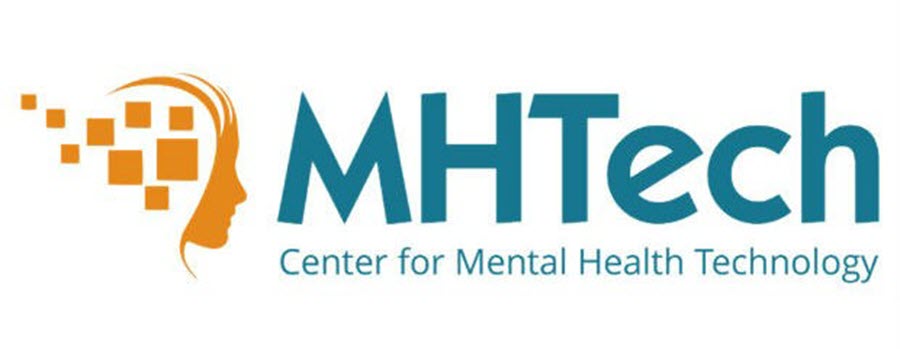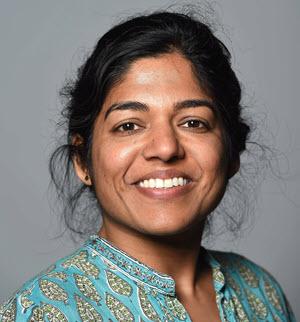2019-2020 MHTech Seed Funding Awardees
 The Center for Mental Health Technology at UC San Diego is pleased to announce the recipients of the 2019-2020 Interdisciplinary Mental Health Technology Seed Grant Proposals. The MHTech Center is a new campus hub for interdisciplinary research on the application of technological solutions to address mental health problems. Through sponsorship by the Office of Research Affairs, the Seed Funding program is designed to support early stage research related to diagnosis, treatment, and/or prevention of mental health problems. The primary goal of this program is to stimulate projects and partnerships between faculty from engineering and mental health departments. Recipients bring diverse ideas, resources, and personnel from across departments of the Schools of Medicine and Engineering to bear on pressing mental health issues in our society.
The Center for Mental Health Technology at UC San Diego is pleased to announce the recipients of the 2019-2020 Interdisciplinary Mental Health Technology Seed Grant Proposals. The MHTech Center is a new campus hub for interdisciplinary research on the application of technological solutions to address mental health problems. Through sponsorship by the Office of Research Affairs, the Seed Funding program is designed to support early stage research related to diagnosis, treatment, and/or prevention of mental health problems. The primary goal of this program is to stimulate projects and partnerships between faculty from engineering and mental health departments. Recipients bring diverse ideas, resources, and personnel from across departments of the Schools of Medicine and Engineering to bear on pressing mental health issues in our society.
"Personalizing Mental Health Assessments & Therapeutics for Mood Disorders"
 PI: Dr. Jyoti Mishra, Psychiatry, NEATLabs; Sujit Dey, Electrical & Computer Engineering, Mobile Systems Design Lab; Dhakshin Ramanathan, Psychiatry, NEATLabs
PI: Dr. Jyoti Mishra, Psychiatry, NEATLabs; Sujit Dey, Electrical & Computer Engineering, Mobile Systems Design Lab; Dhakshin Ramanathan, Psychiatry, NEATLabs
